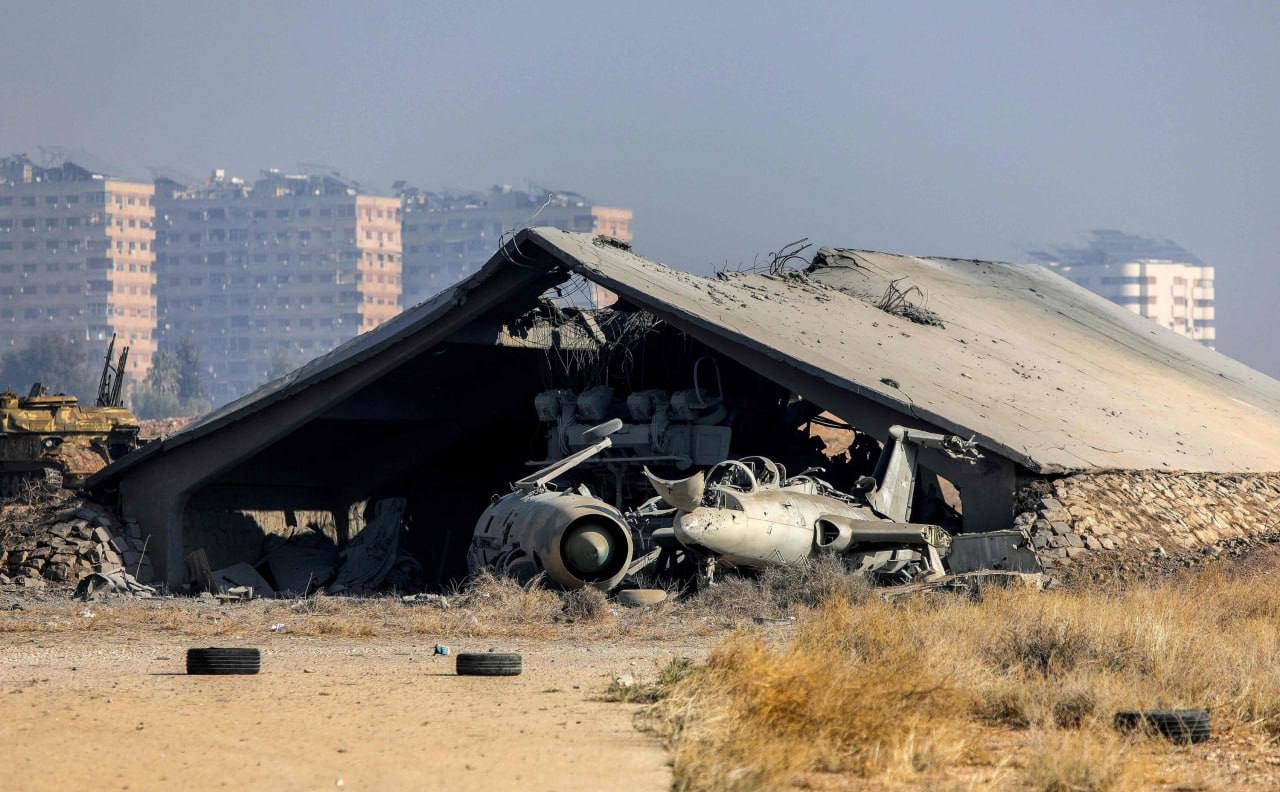
In the News: "Terrorism" as an Instrument for Power to Rewrite Morality
In the echoing halls of State power, words are never just words. They are weapons—sharpened, aimed, and deployed with chilling precision. In modern times, few labels carry the weight, stigma, and lethal consequence of “terrorist.” Once uttered by an authority, it can shatter lives, dissolve rights, and justify violence that would otherwise be unthinkable. However, history—and current events—reveal a disturbing truth: the designation of “terrorism” is rarely about objective danger. More often, it is a political tool, a fluid and arbitrary label calibrated not by justice, but by convenience.
Consider this: in December 2025, Florida Governor Ron DeSantis declared the Council on American-Islamic Relations (CAIR)—one of the largest Muslim civil rights organizations in the United States—a “foreign terrorist organization.” Texas Governor Greg Abbott had done the same just weeks earlier. Neither group is listed as such by the U.S. State Department. CAIR, founded in 1994, operates 25 chapters nationwide, advocating for religious freedom, challenging discrimination, and engaging in voter outreach. Its “crime”? Being visibly Muslim in a political climate where visibility itself can be deemed subversive.
DeSantis’s executive order bars state contracts, employment, and funding from flowing to CAIR or anyone who has “provided material support” to it—a phrase so broad it could criminalize donating to a mosque that partners with CAIR on community programs. CAIR has vowed to sue, calling the move “unconstitutional” and “defamatory.” And rightly so. This isn’t counterterrorism; it’s political theater dressed in the language of national security.
But the deeper scandal lies not just in this act of domestic overreach—it’s in the glaring hypocrisy that reveals how empty the term “terrorist” has become.
Go back to Algeria in the 1950s. French colonial authorities branded the National Liberation Front (FLN)—fighters resisting decades of brutal occupation—as “terrorists.” They were hunted, tortured, imprisoned, and executed under that label. Today, the FLN is recognized as the vanguard of a legitimate anti-colonial struggle. Their “terrorism” was, in truth, resistance to systemic dehumanization. The label was never about violence per se; it was about who held the pen that wrote history—and the laws.
Fast forward to the 21st century. The United States spent trillions of dollars, launched endless wars, and dismantled civil liberties in the name of fighting al-Qaeda and its offshoots. Then, when Abu Mohammad al-Jolani—once a senior commander in al-Qaeda’s Syrian affiliate—rebranded himself as Ahmed al-Sharaa and emerged as the de facto leader of post-Assad Syria, something curious happened. The U.S. State Department quietly removed him from its terrorist watchlist. Western diplomats began treating him not as a wanted extremist, but as a pragmatic statesman who, in their telling, came to power through “the freest of elections.” Never mind that al-Sharaa’s forces committed documented atrocities. Never mind the ideological continuity between his past and present. What mattered was utility: he now aligned with geopolitical interests. The label evaporated not because the man changed—but because the politics did.This is the arbitrariness at the heart of the terrorism designation. It is not a fixed moral category. It is a switch that powerful states flip on or off depending on whether a group serves or threatens their agenda. Liberation fighters become terrorists when they defy empire; terrorists become leaders when they serve it.
And now, at home, that same logic is being turned inward. Muslim civil society groups like CAIR—organizations that file lawsuits against discriminatory policies, defend worshippers facing hate crimes, and register voters—are recast as foreign threats. Why? Because vilifying them energizes a political base. Because associating Islam with terror—even without evidence—fuels a narrative of civilizational conflict that benefits those in power.
The result is not safety, but silencing. When “terrorist” can mean both an Algerian schoolteacher smuggling pamphlets under French rule and an American lawyer defending mosque vandalism victims in Florida, the word loses all meaning. It becomes what it has always been in practice: a cudgel for the powerful to strike down the inconvenient.
True security does not come from arbitrary labels or executive orders signed for headlines. It comes from justice, due process, and the courage to distinguish between those who threaten innocent lives and those who merely challenge the status quo. Until then, the word “terrorism” will remain not a shield for the public—but a sword for the State.













































